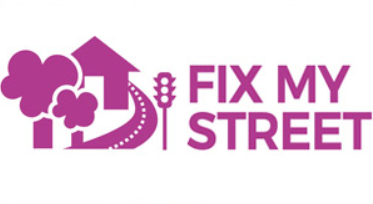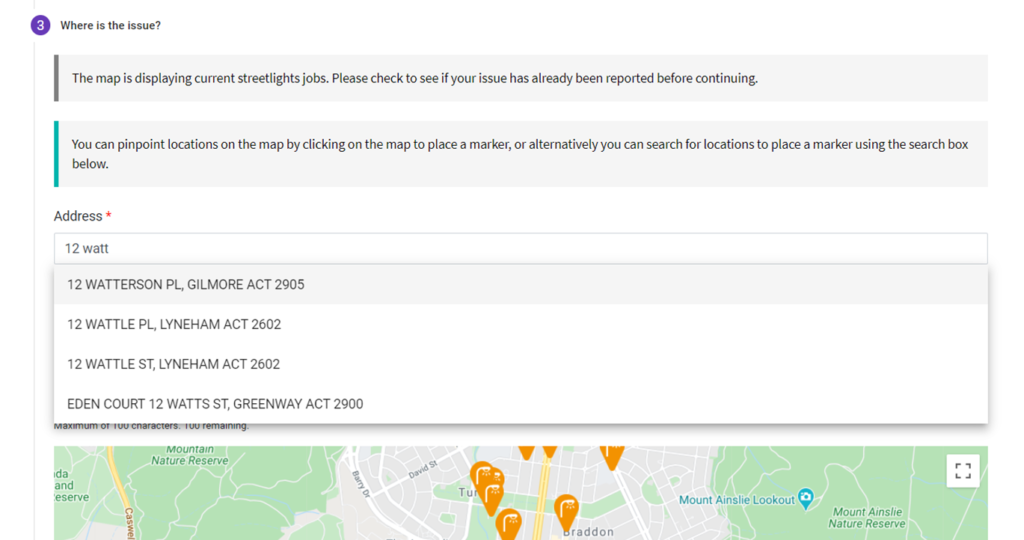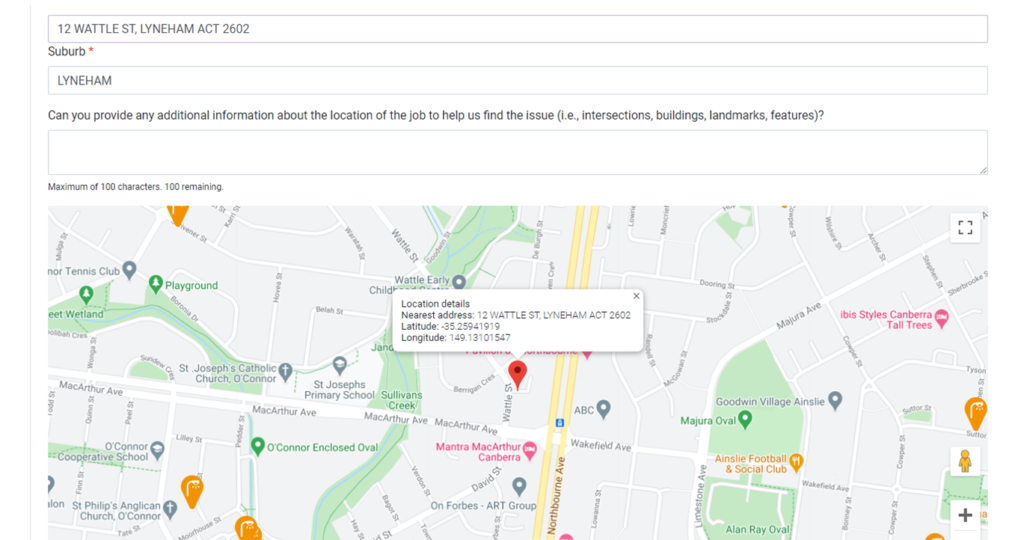Address verification technology
How it’s helping the ACT Government reduce spending and increase efficiency.
“Now we’re getting accurate address data in the first customer interaction, it’s saving everyone a lot of time and increasing the reputation of the government.”
Making an error when entering your address in an online form might not seem like a big deal. But if you’ve been on the receiving end of this information, you know a small inaccuracy can have a big impact.
One person who knows this better than most is Vladislav Munteanu, Customer Experience and Design Operations Manager at ACT Government. He’s been working tirelessly to ensure the ACT Government has up-to-date, accurate and easily accessible address data to help them deliver essential services to the public.
He says inaccurate address data has a significant impact on their productivity. “When address data is wrong, what it really costs us is time,” Vladislav explains.

A CHAIN REACTION OF CONSEQUENCES
Take the example of “Fix My Street”, an online tool that lets customers report an issue, request a service or submit feedback. When someone enters the wrong address, it can trigger a chain reaction of consequences.
“Instead of taking 30 minutes to go to the place and find an issue, it could take maintenance crew several days. If they’re not able to find the correct address, they need to come back to the customer. And if the customer doesn’t respond straight away, it could drag the problem out for several days until crews are able to find the correct location.”
The delay could also result in dissatisfied customers who would call a government contact centre to follow up on their request.
“It means additional workload for the contact centre, as well as additional work for the teams who need to identify if it’s a duplicate or a new job.”
It was clear that small address inaccuracies were having a big impact, resulting in hours of wasted time and effort. This led the ACT Government to explore options for a better address verification solution.
REDUCING OPERATING COSTS THROUGH INTER-DEPARTMENTAL INTEGRATION

The ACT Government built Geoscape address verification APIs into its online forms. The Predictive API uses predictive text and auto-complete functions and suggests possible address matches as people type. Customers don’t need to complete their full address. They simply choose from the “Do you mean this address?” suggestions.
These smart forms are used across a wide range of services available through Access Canberra, a one-stop shop for people to access information and services from the ACT Government.
Having multiple departments all using the same solution means the government is able to access address information in a consistent format, which has improved its internal processes.
“Our systems by default were all using different address formats. This became a problem when it came to sharing information across systems.”
“Now we have a consistent address format across multiple government systems, we’re not wasting resources and time to convert it from one format to another. A lot of our systems are now speaking the same language.”
As well as being used in customer-facing forms, Geoscape address validation services are also used by the ACT Government’s customer service centres, helping them provide a better, more efficient customer experience.
This integration has saved the government a significant amount of money as it’s not paying for, and managing, multiple systems.
“Our previous solution was using quite a lot of resources. We had to pay for the service, for the infrastructure, as well as for people to manage and update the information. We also needed the involvement of Shared Services to assist in the maintenance of the infrastructure. It was a big headache.”
“Now Geoscape takes care of everything. We just connect to a ready-made solution and we’re getting a perfect outcome. We’re saving a lot of money.”
DATA YOU CAN TRUST
In Australia, there are typically about 60,000 addresses created every three months.
Keeping on top of this constantly changing environment was proving to be a challenge for many government departments, particularly the ACT Education Directorate, which relies on up-to-date address information to manage school enrolments.
“In the ACT we have four dedicated zones for schools. If you live inside a zone, you’re eligible to apply to particular schools. If we’re not getting correct physical address information, it means that children could potentially be eligible for the wrong school.”
Before implementing Geoscape, the ACT Government had tried other address validation services, but found they weren’t updated frequently enough.
“We had huge delays with other providers, sometimes it took up to a year to get new suburb data. With Geoscape we’re getting information that’s not older than 24 hours. It’s extremely good.”
FAST, EFFORTLESS DEVELOPMENT
When it comes to the technical aspects of the solution, Vladislav says it’s extremely easy to develop.
“We use Geoscape inside five or six systems, and all these systems use slightly different technology. Deploying Geoscape into the system takes less than one day, that’s very quick.”
“And the documentation on Geoscape’s website is very easy for developers to understand.”
AN END TO MANUAL EFFORT
For the ACT Government’s environment and planning department, it’s essential that development applications have correct block and section information. But the way they were asking for the information was causing inaccuracies that customer service officers were having to manually fix.
“Prior to using Geoscape, customers would go to a huge map and try to identify their block and section. Now they don’t need to do this. They just type their physical address and Geoscape’s address verification provides the block and section automatically.”
“This was the first time we’ve ever been able to retrieve that information straight away for a physical address. It’s completely removed that manual effort for the customers and for our customer service officers as well.”
IMPROVING EFFECTIVENESS OF SERVICE DELIVERY

Geoscape’s solution is also helping the government streamline planning. Vladislav returns to the example of a customer reporting a pothole using their “Fix My Street” service.
“If you have a pothole on a very busy street, you can expect that more than one person is going to complain about it. Sometimes we’ll have dozens of reports about the same street. Somebody has to manually find these jobs that customers are talking about to see if they are duplicate jobs.”
“Now we have accurate address information, we can understand straightaway if it’s the same job or just a duplication. We know whether our crew will need to spend one hour or a few days there. It’s really helped improve our operations in that respect.”
A SUCCESS STORY SPREADS

This is just the start of the ACT Government’s journey to more accurate address data and it seems word is spreading of Vladislav and his team’s results.
“It was quite a success story. I get a lot of calls from people from other departments who require physical address information to ask about our experience.”
The ACT Government now plans to widen the use of Geoscape APIs across multiple directorates.
“Our goal is to have any public facing form that requires customer address information using Geoscape’s address verification APIs.”
Sign up to Geoscape Hub to access our location data APIs . Create an account.
Address data integrity. Flexible pricing. Seamless integration.
Register your Geoscape Developer account now.